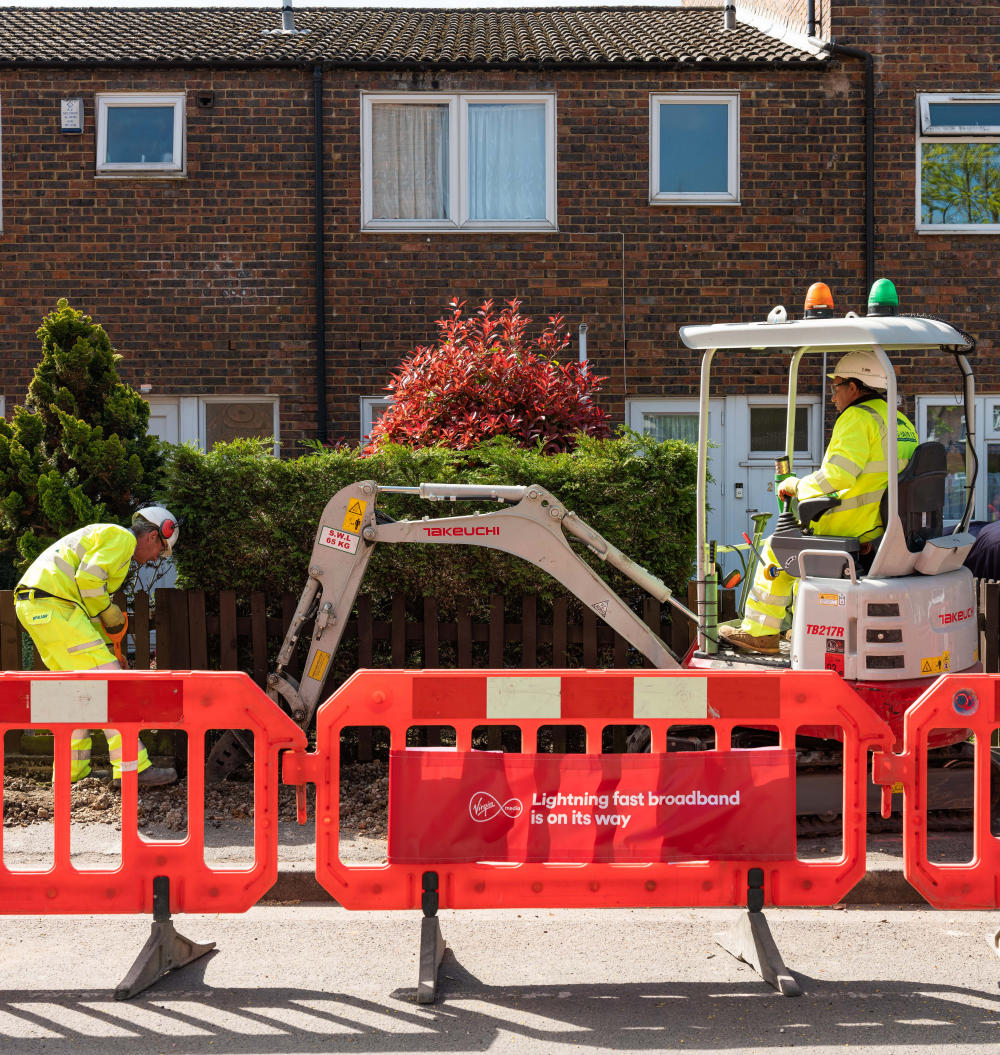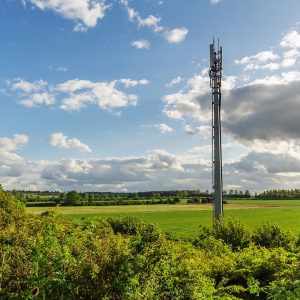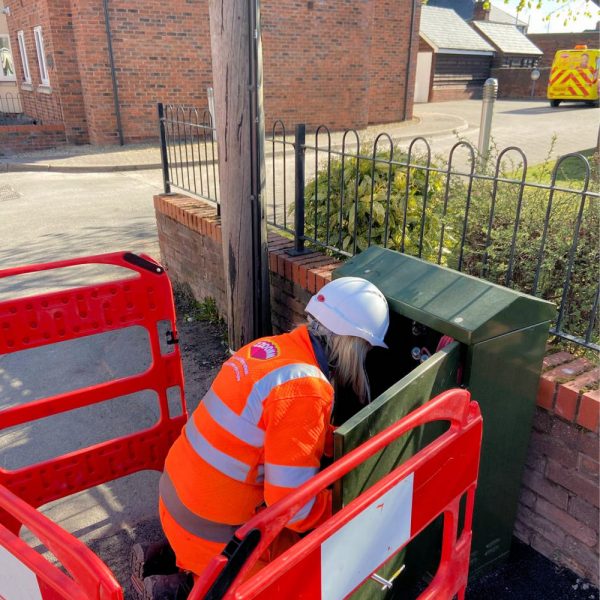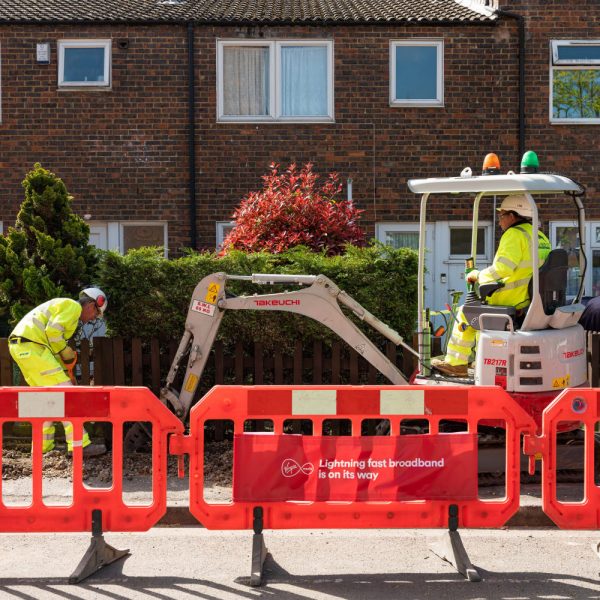UK Land Owners Call for 10Mbps Broadband USO to be “enshrined in law”
The Country Land and Business Association (CLA), which represents 33,000 land owners from across England and Wales, has called on the Government to ensure that their forthcoming 10Mbps Universal Service Obligation (USO) for broadband includes a “legal guarantee for consumer compensation” where the speed is not met.
Strictly speaking the proposed USO is already intended to be a legally-binding policy, albeit through a softer form of legislation and there’s always been a question mark over the matter of enforcement. Part of the reason for that is because there will be some tiny villages or individual properties in the middle of nowhere that would cost an obscene amount of money to connect via fixed lines.
The current USO does little on the enforcement side, not least because BT and KCOM fund it through their own pockets as Ofcom doesn’t consider it to “represent an unfair burden on them” (Ofcom originally estimated the current costs of the USO for BT to be around £57-74m and the benefits are around £59-64m). Mind you they only have to provide a phone line that can support narrowband dialup speeds and agree to cover costs of up to £3,400 per customer.
However increasing the USO to deliver broadband speeds of at least 10Mbps is widely expected to be more expensive (anything from several hundred million to over a billion pounds) and it may thus run into problems in the remotest of areas, where the costs can shoot into tens of thousands. How all of this is funded (e.g. a levy on ISPs, public investment or a private commitment from BT) and what technologies they pick are still open for debate. But the CLA is in no doubt about what it wants to see.
Ross Murray, CLA President, said:
“A USO that can guarantee sufficient bandwidth will transform rural areas and must be enshrined in law. Only half of rural homes and businesses can receive a broadband connection with speeds of 10Mbps. That should be a benchmark minimum speed which evolves as technological advances are made. It may work in 2020 but could be insufficient just five years later so the USO must be easily amended to meet the future needs of the market place and the consumer.”
Ross also said that if the “current mode of broadband fails to deliver, the consumer should be able to explore alternative means of connection from fibre to satellite and wireless” and indeed the Government has already signalled that they’re considering a technologically neutral approach. On the downside this could make the USO a lot more complicated to administer.
Sadly this may also mean that many premises in the final 0.5-1% of the UK (mostly remote rural areas) could be forced to continue suffering from inferior Satellite connections as a last resort, which might not go down so well.
Ross Murray added:
“This would reduce the burden on a single provider and give consumers more choice to reasonably request the USO at an affordable rate. As long as there is a suitably effective and efficient framework to implement the USO providers could be at regional level, particularly when considering other technologies such as wireless.”
On the flip side the CLA could perhaps assist by softening their well-documented resistance to the proposed Electronic Communications Code update (here), which enables mobile and fixed line network providers to install and maintain electronic communication networks by giving certain rights to the providers and helping them to reach agreements with landowners.
However the new ECC is a “major change” to the way land is valued, which could reduce the amount of money that land owners receive from users of their land, not least by treating telecoms and broadband infrastructure in a similar way to key utility services (water, electricity etc.). The positive side is that it would thus become cheaper to roll-out and upgrade new infrastructure in rural areas, which in turn would assist the USO.
This dilemma perhaps explains why the CLA are so comfortable with Satellite connectivity because the alternative approaches might do more harm to the income stream of their members. The CLA’s full response to Ofcom’s consultation has been posted online (here).
Mark is a professional technology writer, IT consultant and computer engineer from Dorset (England), he also founded ISPreview in 1999 and enjoys analysing the latest telecoms and broadband developments. Find me on X (Twitter), Mastodon, Facebook and Linkedin.
« Entanet Warn “not clear or workable” UK Internet Spying Bill Will Pass
Business ISP WarwickNet Appoints New CFO – John Bezzant »
Latest UK ISP News
- FTTP (5524)
- BT (3518)
- Politics (2540)
- Openreach (2298)
- Business (2264)
- Building Digital UK (2246)
- FTTC (2044)
- Mobile Broadband (1975)
- Statistics (1788)
- 4G (1666)
- Virgin Media (1621)
- Ofcom Regulation (1463)
- Fibre Optic (1395)
- Wireless Internet (1389)
- FTTH (1381)
























































Comments are closed